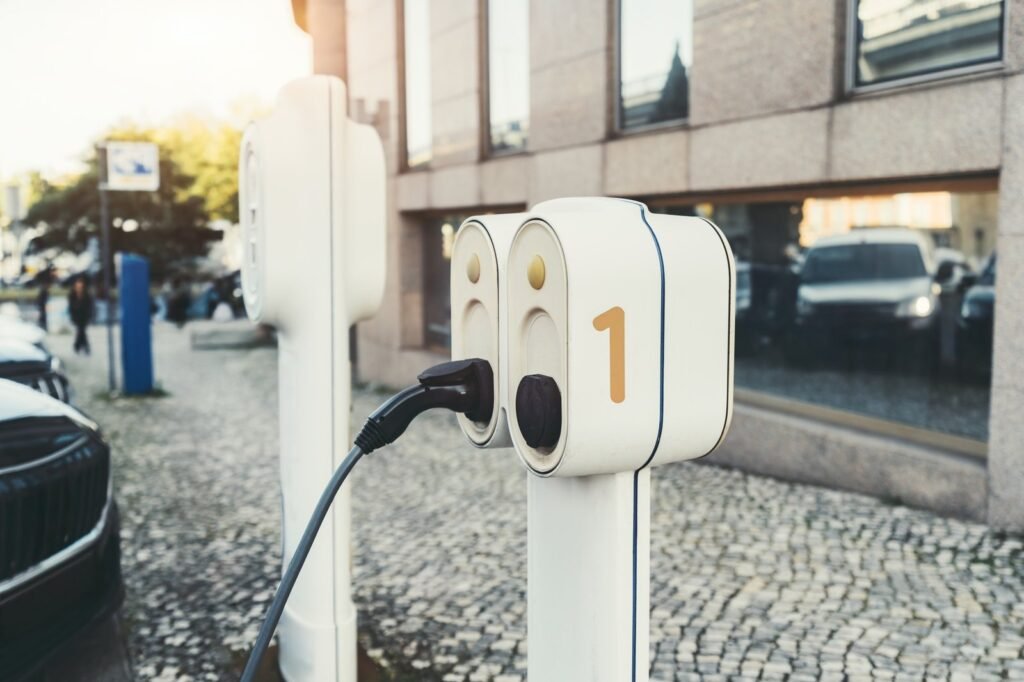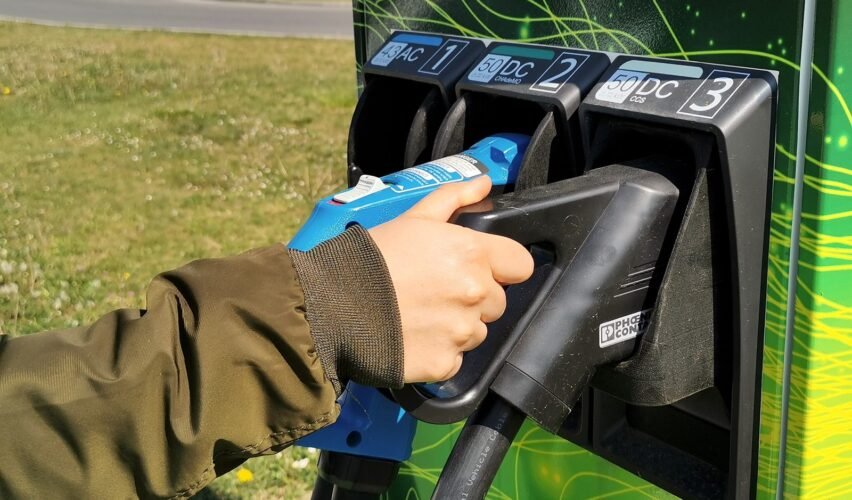This guide will walk you through the key factors to consider when choosing an EV charger in Thailand. With the rapid growth of electric vehicles (EVs) in Thailand, selecting the right EV charger is crucial for maximizing convenience, efficiency, and long-term cost savings. Whether you’re a first-time EV owner or looking to upgrade your charging setup, understanding the types of chargers, power levels, installation considerations, and local regulations is essential.
Table of Contents

Why EV Charger Choice Matters
Choosing the right EV charger isn’t just about plugging in your car. It impacts your vehicle’s battery health, charging speed, electricity bills, and even your home’s electrical safety. The right charger can save you hours of waiting, reduce energy costs, and increase your EV’s longevity. Additionally, as EV adoption rises in Thailand, having a reliable and efficient charger can increase your property’s value and future-proof your investment.
Types of EV Chargers in Thailand
- AC Chargers (Alternating Current)
- Level 1 (Standard Home Charging): These are the slowest but most widely available, plugging directly into a 220V household outlet. They typically provide 2.4 kW of power, requiring over 24 hours to fully charge a long-range EV.
- Level 2 (Faster Home and Commercial Charging): Requiring a dedicated 240V circuit, these chargers deliver 7.4 kW to 22 kW, significantly reducing charging times to around 4 to 8 hours for a full charge, depending on battery size. They are the most common choice for home installations in Thailand.
- DC Fast Chargers (Direct Current)
- These are primarily found at public charging stations and can deliver 50 kW to 350 kW, charging most EVs to 80% in as little as 30 minutes. However, they are more expensive and require more complex electrical infrastructure, making them less common for residential use.
Connector Standards in Thailand
- Type 2 (Mennekes): The standard for AC charging in Thailand, widely supported by European and newer Asian EVs.
- CCS2 (Combined Charging System): Supports both AC and DC charging, combining the benefits of slow home and fast public charging. Ideal for future-proofing.
- CHAdeMO: Mostly found in Japanese EVs, known for rapid DC charging but gradually being phased out in favor of CCS2.
Key Factors to Consider When Choosing an EV Charger
- Charging Speed and Power Output
- Assess your daily driving range and battery capacity. If you drive less than 100 km per day, a 7.4 kW charger is likely sufficient. For faster turnaround or larger batteries, consider a 22 kW unit.
- Installation Requirements
- Check your home’s electrical capacity. A 7.4 kW charger typically requires a single-phase 32A circuit, while a 22 kW charger needs a three-phase 32A circuit. Professional installation is recommended to ensure safety and compliance with Thai regulations.
- Smart Features and Connectivity
- Many modern chargers offer Wi-Fi, Bluetooth, or app integration, allowing you to monitor energy usage, schedule charging, and receive status alerts. These features can optimize your energy costs and improve overall user experience.
- Cost and Government Incentives
- Consider the upfront cost, potential installation fees, and available government subsidies or tax benefits for EV owners in Thailand.
Recommended Home EV Chargers in Thailand
- Fulfill EV 7kW Wallbox Charger
- Power Output: 7 kW
- Connector Type: Type 2
- Features: Bluetooth connectivity, real-time monitoring
- Taysla EV Charger 22kW Type 2 Wallbox
- Power Output: 22 kW
- Connector Type: Type 2
- Features: Fast charging, compact design
Final Thoughts on EV Charger in Thailand
Choosing the right EV charger is a critical part of owning an electric vehicle in Thailand. By considering your driving habits, home electrical capacity, and budget, you can make an informed choice that maximizes your EV’s efficiency and convenience. Investing in a reliable charger not only supports sustainable transportation but also enhances the overall ownership experience.
Related Articles
- Top EV Charging Apps in Thailand for 2025
- How to Choose the Right Home EV Charger
- Thailand Electric Vehicle (EV) Charging Market Report



















